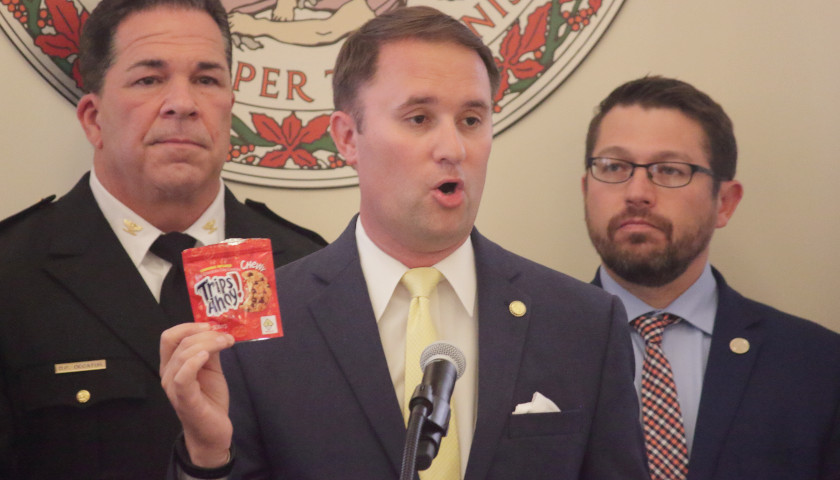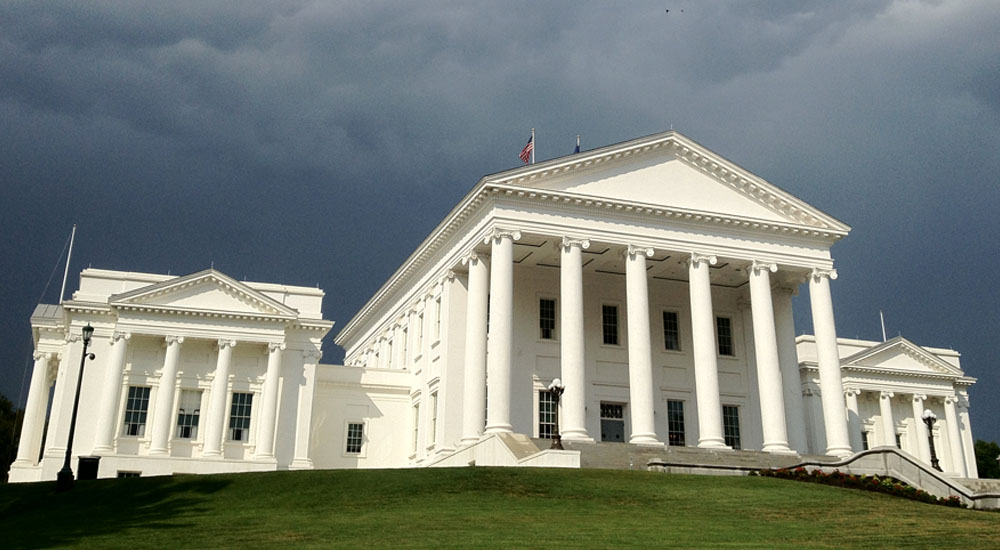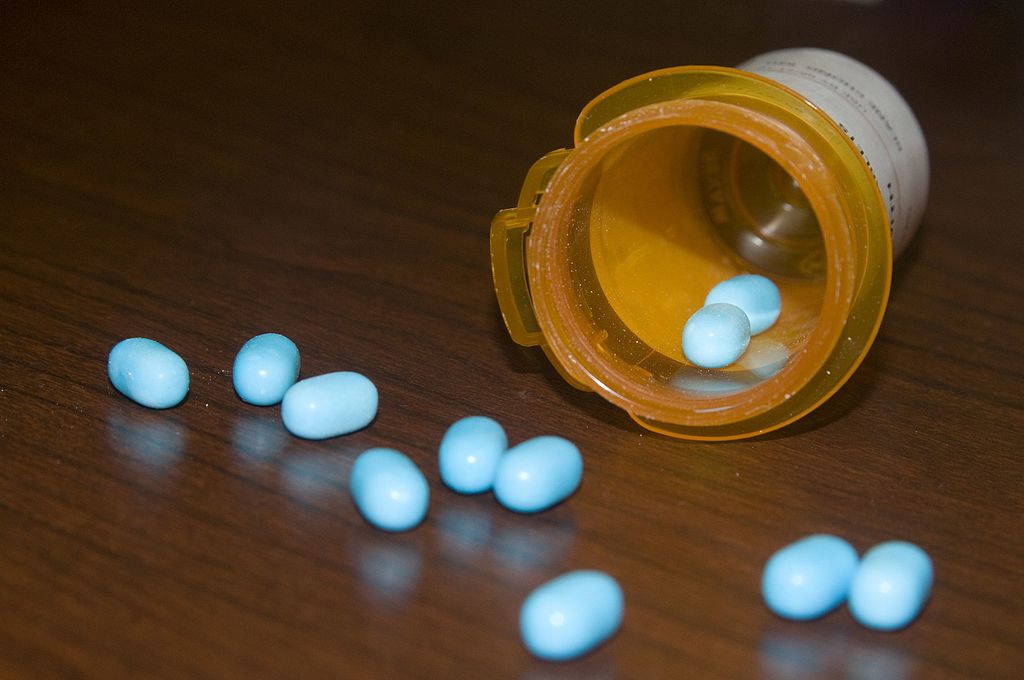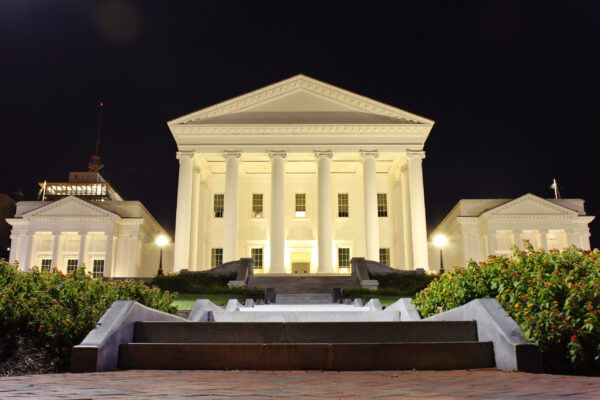The Blue Ridge Poison Control Center is seeing a rise in calls related to THC, including Delta-8 THC exposures among children, Director Christopher Holstege told a taskforce on Tuesday, echoing concerns nationally from the CDC issued in 2021.
“Certainly my colleagues and I have been talking about this extensively and seeing these as they were doing surveillance, with some of the first reports, we also started to see these in the fall of 2020, especially Delta-8, but more edibles, which is why we’re seeing the toddlers get to these products,” Holstege said.
He said that the poison center has always gotten calls about adverse reactions or questions due to THC, but in 2018 calls started to rise. At the end of 2020, the center also began receiving more calls about Delta-8, with 52 calls coming in so far in 2022 from both adults and children.
In 2021-2022, Holstege reported 24 cases of Delta-8 exposure in children five years or younger and six cases among those six to 12 years old.
“These were accidental exposures of course, they’re certainly not trying to get a pharmacological effect from it,” he said.
He highlighted some specific cases of children who needed emergency medical treatment after they were accidentally exposed to Delta-8 through edibles with packaging imitating candy. The packaging did have labeling on it warning of THC content, even including a government warning to not let children have access to it.
“When you have packaging like this, it’s very difficult to keep kids out of these types of products,” he said.
That’s a problem that Virginia lawmakers have tried to control, and Attorney General Jason Miyares has warned that his office will crack down on the sale of THC copycat products. In the recently-enacted budget, language bans selling THC to minors requires child-resistant packaging, bans copycat products, and bans selling products in the shape of a human, animal, or fruit.
But on Tuesday, taskforce members highlighted the lack of definition of THC in the law. The taskforce was ordered by legislators in the recent budget, and is composed of agency representatives and cabinet members. It has been hearing testimony from experts and accepting public comment, and will have at least one more meeting later this year.
Delta-8 is just one type of THC, and the taskforce is grappling with what recommendations to make about how legislators should define and regulate legalized marijuana in Virginia — should specific types such as Delta-8, Delta-9, and others be named in the law? Should it include only psychoactive compounds, or other hemp and cannabis-derived products? What concentrations should be legal? Should edibles be banned?
Deputy Secretary of Agriculture and Forestry Parker Slaybough said, “I think that is kind of a big issue for us, at least in our role as a task force, to point out to the General Assembly, right now, it seems like there’s labeling requirements, but it doesn’t matter what is in the at product. As long as it’s labeled properly, then it would be legal.”
This article originally appeared in The Virginia Star. The opinions expressed in this article are those of the author and do not necessarily reflect the positions of The Republican Standard. Republished with permission.





